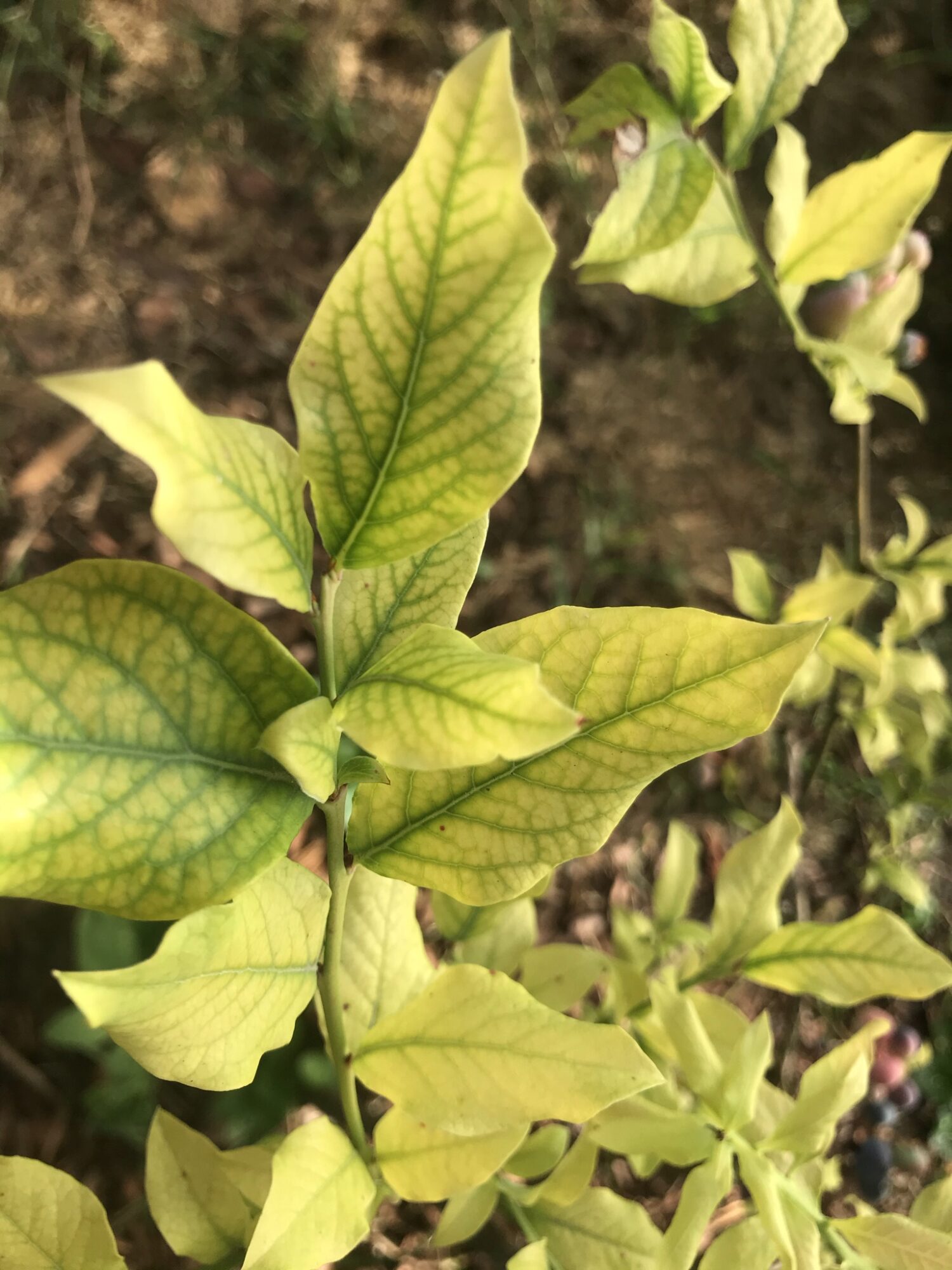Even with great orchard care, pest and disease issues will arise with most of our common fruit. Here are some of our favorite go-to resources for diagnosing the problem and getting answers.
Tools to diagnose the problem
- POP’s Pest and Disease Guides for Apples, Cherries, Peaches, Pears, and Plums include the most common pest and disease issues found in our region.
- Berry Diagnostic Tool by Cornell
- Pest and Disease Diagnostic Tool for Apples, Pears, Peaches, Cherries, and Brambles by Giving Grove
- Ask an expert! From identifying a plant to troubleshooting a disease, send any questions you have (along with photos!) to the Philadelphia Master Gardeners at philadelphiamg@psu.edu.
- Plant Disease Clinic: For more in-depth analysis, you can send plant material to Penn State’s lab to identify and confirm what disease is plaguing your plants. Free for anyone living in Pennsylvania!
- If you are having problems with a specific insect, the Insect Identification Laboratory accepts digital (preferred) or physical submissions. Also free and open to anyone living in Pennsylvania!

Need to do a soil test? You can submit samples to Penn State for a fee to receive lab reports on your soil’s pH, organic matter, and nutrient levels. Please note that we highly recommend soil testing before planting anything you intend to eat! Knowing your environment and its challenges means you can take the proper steps to grow (and eat!) safely in urban soil.
Penn State Extension Master Gardener program also hosts statewide Garden Hotline Live webinars which give researched answers to questions submitted by gardeners across Pennsylvania . To learn more about these webinars and submit a question of your own, click here. Webinars are free, but registration is required. One final suggestion is to try asking the Pennsylvania Horticultural Society through their horticultural library “Ask PHS” function. Perhaps the question you’re asking has already been answered!
OTHER RESOURCES:
Organic Gardener’s Handbook to Natural Pest and Disease Control
Philadelphia Citizen: How to start a garden in the city
SUPPORT US! If you found this entry useful, informative, or inspiring, please consider a donation of any size to help POP in planting and supporting community orchards in Philadelphia: phillyorchards.org/donate.